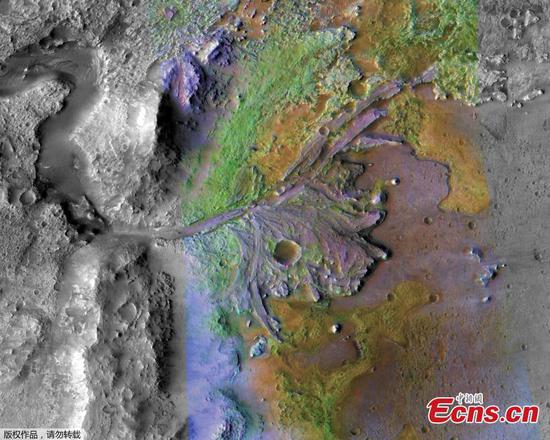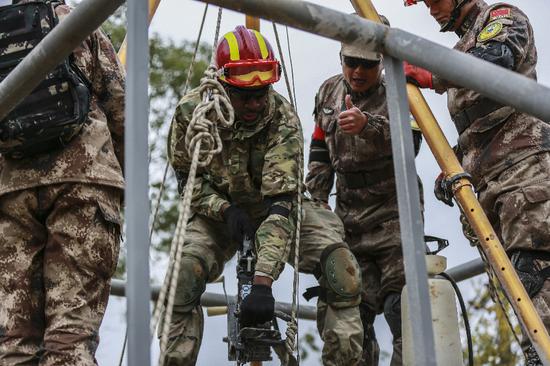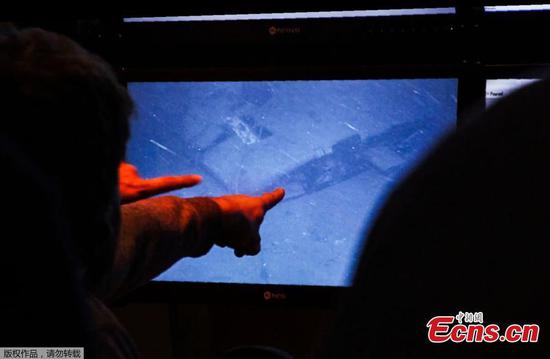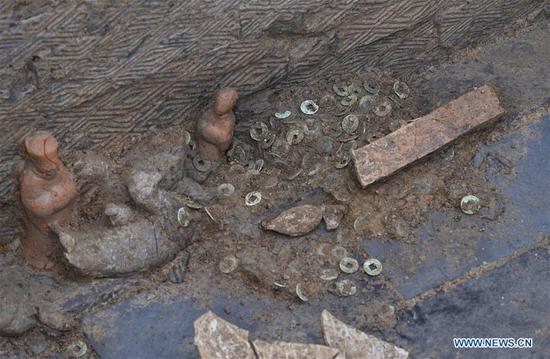MRI brain scan may help predict whether older people will develop dementia, showed new research at U.S. universities released on Tuesday.
In a small study, MRI brain scans predicted with 89 percent accuracy who would go on to develop dementia within three years, according to research at Washington University School of Medicine in St. Louis and the University of California San Francisco.
Researchers analyzed MRI scans for physical signs of impending cognitive decline. They used a technique called diffusion tensor imaging to assess the health of the brain's white matter, which encompasses the cables that enable different parts of the brain to talk to one another.
The researchers identified 10 people whose cognitive skills declined over a two-year period and matched them by age and sex with 10 people whose thinking skills held steady. The average age of people in both groups was 73. Then, they analyzed diffusion tensor MRI scans taken just before the two-year period for all 20 people.
The researchers found that people who went on to experience cognitive decline had significantly more signs of damage to their white matter.
The researchers repeated their analysis in a separate sample of 61 people, using a more refined measure of white matter integrity.
With this new analysis, they were able to predict cognitive decline with 89 percent accuracy when looking at the whole brain. When the researchers focused on specific parts of the brain most likely to show damage, the accuracy rose to 95 percent.
"We could tell that the individuals who went on to develop dementia have these differences on diffusion MRI, compared with scans of cognitively normal people whose memory and thinking skills remained intact," said lead author Cyrus A. Raji, an assistant professor of radiology at Washington University's Mallinckrodt Institute of Radiology.
"What we need now, before we can bring it into the clinic, is to get more control subjects and develop computerized tools that can more reliably compare individual patients' scans to a baseline normal standard. With that, doctors might soon be able to tell people whether they are likely to have Alzheimer's develop in the next few years." Enditem


















































